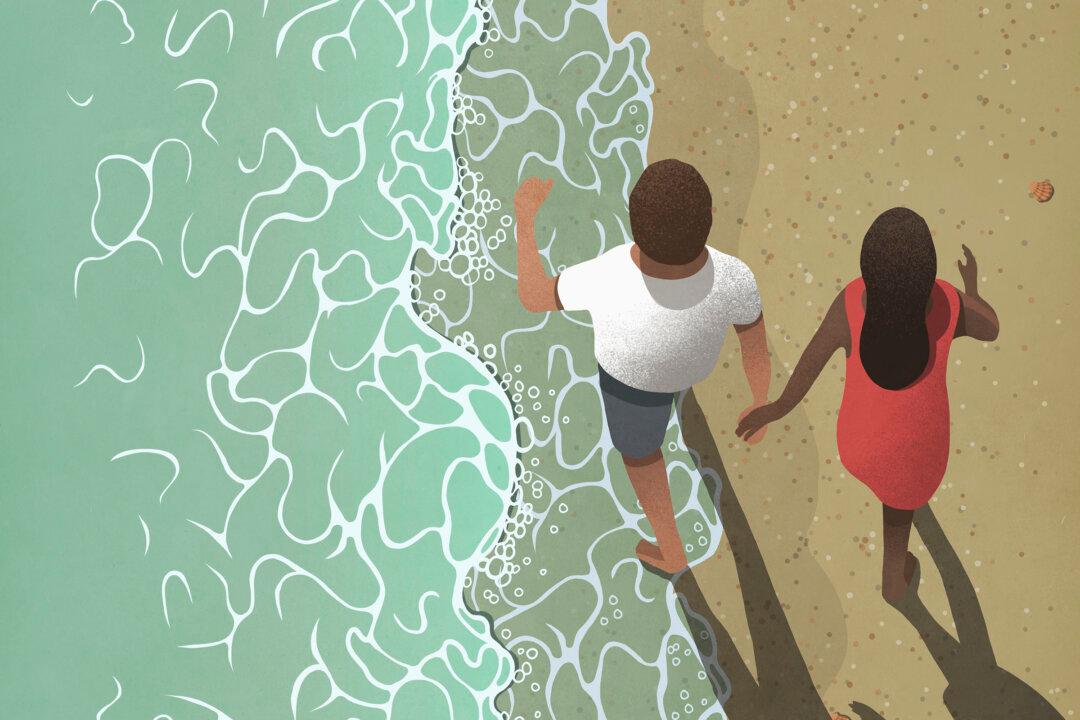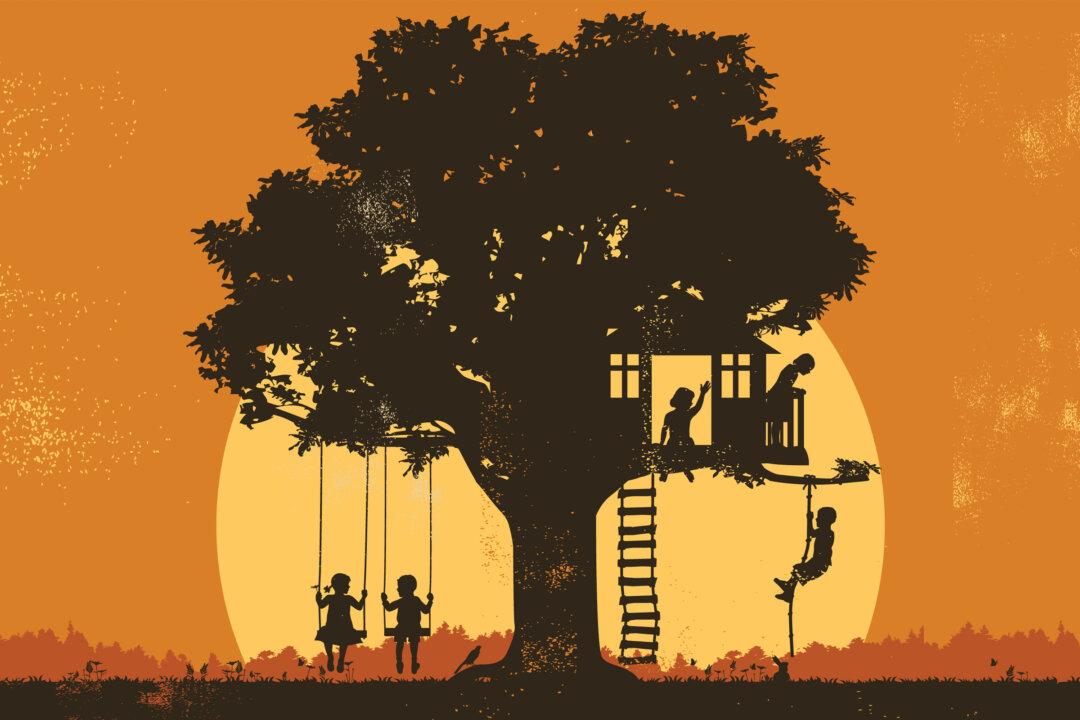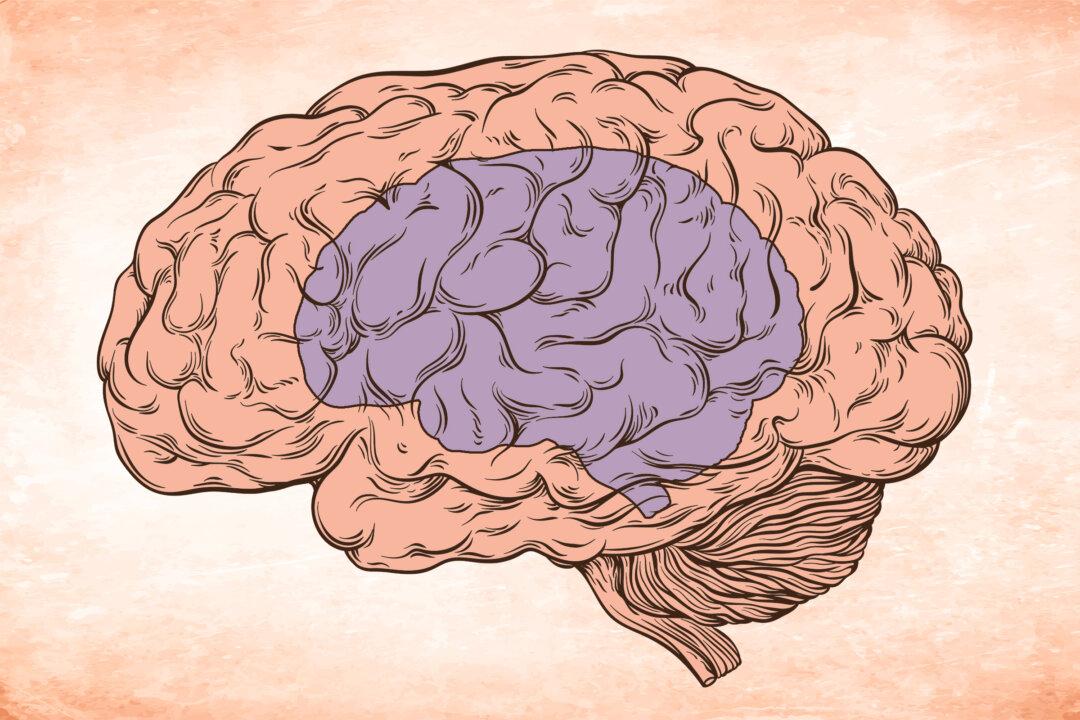Canada’s turbulent minority Conservative government was again put on election notice after the leader of the main opposition party said he would decide by Friday whether or not to force an election.
If Prime Minister Stephen Harper’s Conservative government does fall, it will be the third election in four years and the second in seven months.
In Canada’s four-party parliamentary democracy, with a minority government in power, the opposition parties can force an election by voting against significant pieces of legislation because their combined number of seats is greater than the number of the governing party. Although the governing party holds more seats than any other party, during the current minority government it cannot pass any legislation without the support of at least one other party.
After a political crisis shut the Canadian Parliament down soon after the last election a mere seven months ago, the Liberal Party, which has the second highest number of seats in parliament making it the Official Opposition, came to an agreement with the Conservatives that allowed the government to stand.
That agreement included a new budget and the provision that the government would submit three reports on stimulus spending efforts in the coming year. On Thursday the government filed the second such report, and in a press conference in Ottawa Monday Morning Liberal leader Michael Ignatieff said he would decide by this Friday whether or not to try to topple the government and trigger an election.
Ignatieff laid down four areas he needed explanations or actions from the government: employment insurance reform, figures detailing stimulus spending, a plan to pay down the deficit, and how the government plans to deal with the medical isotope crisis.
All three opposition parties have been pushing to ease eligility requirements for employment insurance saying the five extra weeks of coverage the Conservatives added to the plan in their last budget was not enough. Besides asking to see specific figures detailing how the government has delivered stimulus funding to infrastructure projects across the country, Ignatieff is also demanding to know how the government will deal with a global shortage of medical isotopes set off by Canada’s Chalk River nuclear reactor being taken offline recently. Medical isotopes are used for medical imaging and cancer treatments.
Although Ignatieff said he will decide by Friday whether to trigger an election, he said that deadline could be extended if Harper makes an effort to explain why he needs more time and what he is doing.
“My party doesn’t control the timing of elections in any case. It’s the prime minister and his government’s responsibility to maintain the confidence of the House,” Ignatieff told reporters.
If Prime Minister Stephen Harper’s Conservative government does fall, it will be the third election in four years and the second in seven months.
In Canada’s four-party parliamentary democracy, with a minority government in power, the opposition parties can force an election by voting against significant pieces of legislation because their combined number of seats is greater than the number of the governing party. Although the governing party holds more seats than any other party, during the current minority government it cannot pass any legislation without the support of at least one other party.
After a political crisis shut the Canadian Parliament down soon after the last election a mere seven months ago, the Liberal Party, which has the second highest number of seats in parliament making it the Official Opposition, came to an agreement with the Conservatives that allowed the government to stand.
That agreement included a new budget and the provision that the government would submit three reports on stimulus spending efforts in the coming year. On Thursday the government filed the second such report, and in a press conference in Ottawa Monday Morning Liberal leader Michael Ignatieff said he would decide by this Friday whether or not to try to topple the government and trigger an election.
Ignatieff laid down four areas he needed explanations or actions from the government: employment insurance reform, figures detailing stimulus spending, a plan to pay down the deficit, and how the government plans to deal with the medical isotope crisis.
All three opposition parties have been pushing to ease eligility requirements for employment insurance saying the five extra weeks of coverage the Conservatives added to the plan in their last budget was not enough. Besides asking to see specific figures detailing how the government has delivered stimulus funding to infrastructure projects across the country, Ignatieff is also demanding to know how the government will deal with a global shortage of medical isotopes set off by Canada’s Chalk River nuclear reactor being taken offline recently. Medical isotopes are used for medical imaging and cancer treatments.
Although Ignatieff said he will decide by Friday whether to trigger an election, he said that deadline could be extended if Harper makes an effort to explain why he needs more time and what he is doing.
“My party doesn’t control the timing of elections in any case. It’s the prime minister and his government’s responsibility to maintain the confidence of the House,” Ignatieff told reporters.




